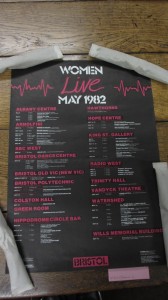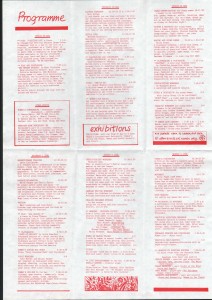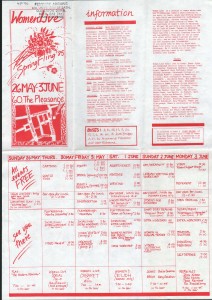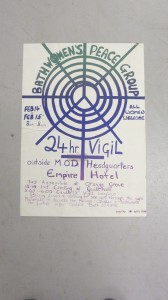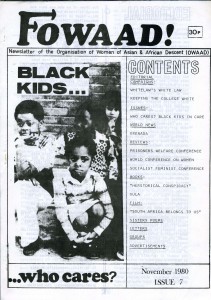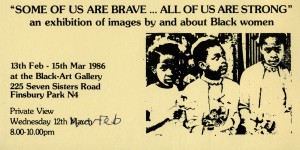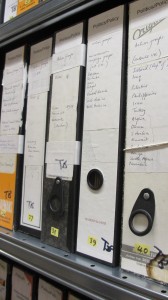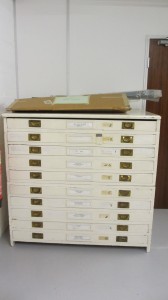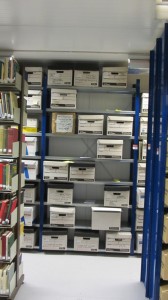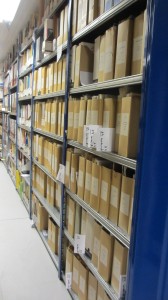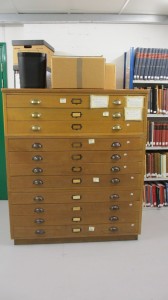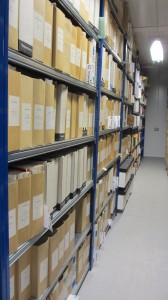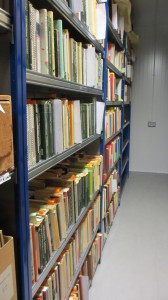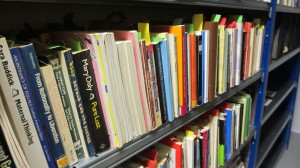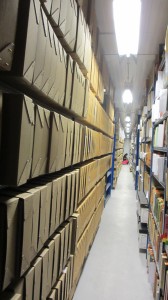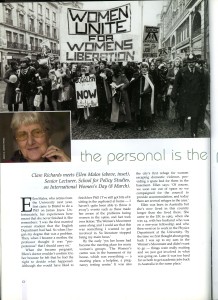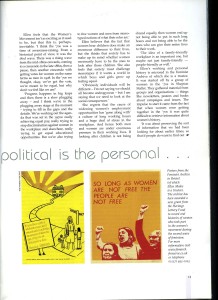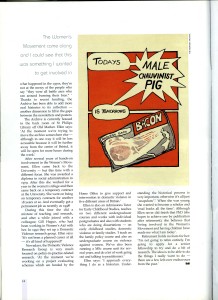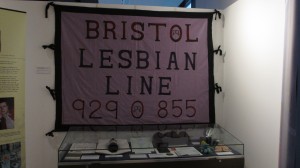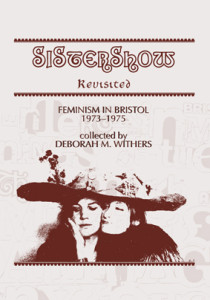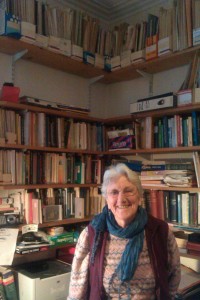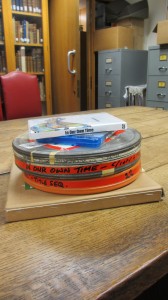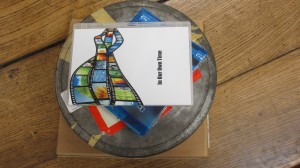Women Live was a UK-wide women’s network which held festivals and networking events that showcased women’s talents across a range of arts including film, visual art, theatre and music in the early 1980s. There was also discussions about topics such as sexuality, work and media representation.
Women Live were remarkably similar to Ladyfests, the punk feminist festival started in Olympia in the USA in 2000. Ladyfests similarly combine performance, discussion and empowerment initiatives, but also provide a template for organising feminist cultural events in different geographical locations.
Women Live events happened in Bristol, Edinburgh, Tyneside and London – although may have happened in other places too. If you know of any cities that held Women Live events, or have any archive material relating to such events, please get in touch so we can gain a more accurate picture of when and where Women Live took place, and who performed at them.
There is an extensive archive of Women Live Edinburgh (1981-1985) in The Glasgow Women’s Library which includes posters, leaflets, programmes, badges and newspaper cuttings regarding each of the festivals and other events. There is also correspondence relating to sponsorship, membership etc, several drafts and copies of the constitution, minutes of meetings, agendas and newsletters, photographs of events and performers as well as biographies of certain performers and information from similar groups or movements.
Women Live events in London had a strong musical programme, and performers such as The Guest Stars, Maggie Nicols, Irene Schweitzer, Julie Tippetts, Jans Ponsford Quintet, Jam Today and Amazulu played. There were also performances from dance troupe Sheer Ebony and theatre group Monstrous Regiment.
You can read reviews of Women Live 1982 published in Spare Rib on the Women’s Liberation Music Archive here and here, including a report on the music workshop held at the Watershed in Bristol:
‘The jam session at the end of the day was loud, lively and out of control. Order was restored when the workshop organisers switched off the power supply to make themselves heard. The result was somewhat more musical as they convinced everyone to play in the same key. Instant musical competence no; but the pleasure and confidence gained made the day a great success.’

